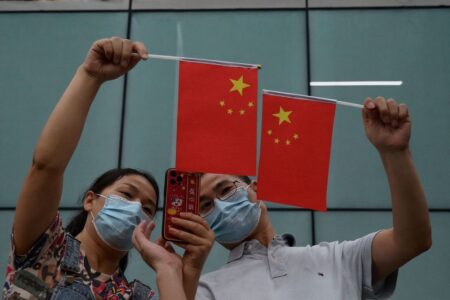
The World Health Organisation (WHO) is calling for countries to lift their international travel bans amid pandemic-related travel restrictions. In a statement, the agency said: “Lift or ease international traffic bans as they do not provide added value and continue to contribute to the economic and social stress experienced by States Parties.
“The failure of travel restrictions introduced after the detection and reporting of Omicron variant to limit international spread of Omicron demonstrates the ineffectiveness of such measures over time,” read the statement.
They suggested implementing travel measures such as masking, testing, isolation or quarantine and vaccination. The statement said countries should not require proof of vaccination against COVID-19 for international travel due to limited global access and inequitable distribution of COVID-19 vaccines.
WHO urged countries to change travel measures such as testing and quarantine requirements “when appropriate” that put a financial strain on travellers.
More variants, more problems. It doesn’t look like China 🇨🇳 will be opening its borders anytime soon. #takeusbacktochina https://t.co/t85MYGkiC7
— Study International (@Study_INTNL) January 23, 2022
International travel bans: China and Japan
China — the world’s second largest economy — is among the countries with strict international travel bans. It has a strict zero-COVID-19 policy in place, and most foreigners are unable to travel to the country. While most international students are still waiting to return to China, students from South Korea have been granted visas. According to China’s education ministry, there were nearly 500,000 international students in China in 2018, with more than half from Asia.
International students were up in arms when Japan extended its international travel ban. Recently, it said it would allow students to return in phases, but this did little to placate thousands of others who are waiting impatiently to return.










